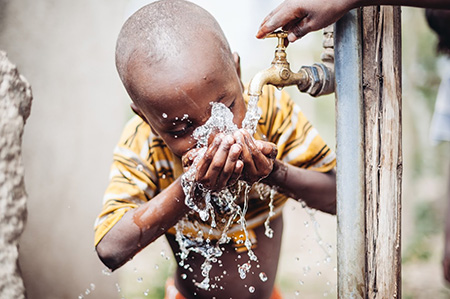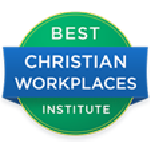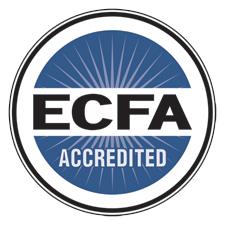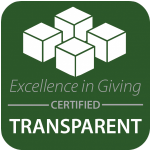What is Hygiene Poverty?
Hygiene poverty is when individuals and households are unable to afford critically needed hygiene items for themselves or their families when they need them. These include everyday products that most of us take for granted including soap, shampoo, toilet paper, feminine projects, diapers, running water, etc.
Hygiene Poverty could look like:
- Struggling to wash your hair because you can’t afford shampoo
- Not being able to wash your hands because soap and water are inaccessible
- Having to reuse diapers for your children
- Not being able to wash your clothes or school uniform
- Not being able to replace a toothbrush when needed or sharing a toothbrush because one each just isn’t an option
- Preventable diseases going untreated
Did you know poor hygiene for children can actually lead to death? In fact, across the globe, 800 children die every day from preventable diseases caused by poor sanitation or hygiene practices.
The Hygiene Poverty Cycle
A lack of hygiene product availability can spread disease and even make chronic illnesses worse, such as HIV or diabetes. Illness plunges people further into poverty and leaves children falling behind in school or failing to attend altogether.
Lack of hygiene can also have long-lasting effects on a person’s self-worth and self-respect. This means that children who grow up in hygiene poverty households can struggle to end the cycle of poverty through successful employment.
Soap + water = lives saved
One of the most effective ways to stop the spread of germs and stay healthy is also one of the simplest — hand washing with soap and water. Hand washing prevents not only viral illnesses like COVID-19, but it helps stop preventable diseases that we take for granted like diarrhea, dysentery and parasites.
Unfortunately, even this small luxury of washing your hands is not accessible to many of the communities we serve.
CDC Statistics
- Sanitation
- 3.6 billion people, nearly half the world’s population, do not have access to safely managed sanitation in their home.
- Hygiene
- 2.3 billion people lack basic hygiene services, including soap and water at home. This includes 670 million people with no hand washing facilities at all.
How We’re Taking Action
HopeChest CarePoints provide trainings for children and their families, empowering them to take ownership of their own health and hygiene. Often, CarePoints will distribute toothbrushes, soap, hair oil, or feminine hygiene products for young women. Hand washing trainings and toothbrush trainings are also common occurrences that help keep the children we serve healthy!
For example, at Woyiraboya CarePoint in Ethiopia, children recently received body soap, hand soap, laundry detergent, and hair oil to take home.
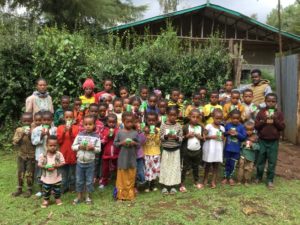
The CarePoint also provided all children and their parents with health education on issues such as personal hygiene and avoiding diseases brought on by poor personal and environmental hygiene. This is one of the many ways the HopeChest CarePoints focus on hygiene of children and families. The CarePoint also treated a few children who needed special medical care until they recovered.
At Children’s HopeChest, we start early, educating children and their families about healthy behaviors and practices. We also provide access to health care, medications and programs to help parents navigate nutrition.
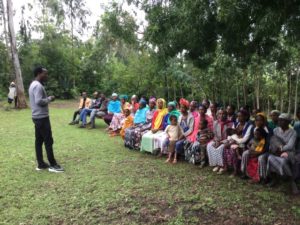
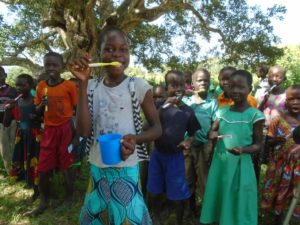
Creating Sustainability
The health and hygiene of individuals are linked to the sustainability of a community in numerous ways. One of the ways that hygiene contributes to a community is that children who are sick are less likely to succeed in school, or sometimes even fail to attend school. Investing in a community’s hygienic health results in many benefits, including economic, environmental, and quality of life (such as improved school attendance, fewer sick days, greater privacy, safety, and sense of dignity). Access to hygiene products can help entire households improve their quality of life. The impacts are immense and families are waiting for someone to help them.
Your partnership with Children’s HopeChest creates lasting change for the children in our partner communities by providing life-changing access to health care programs, medicines and early education about hygiene, nutrition and more.

